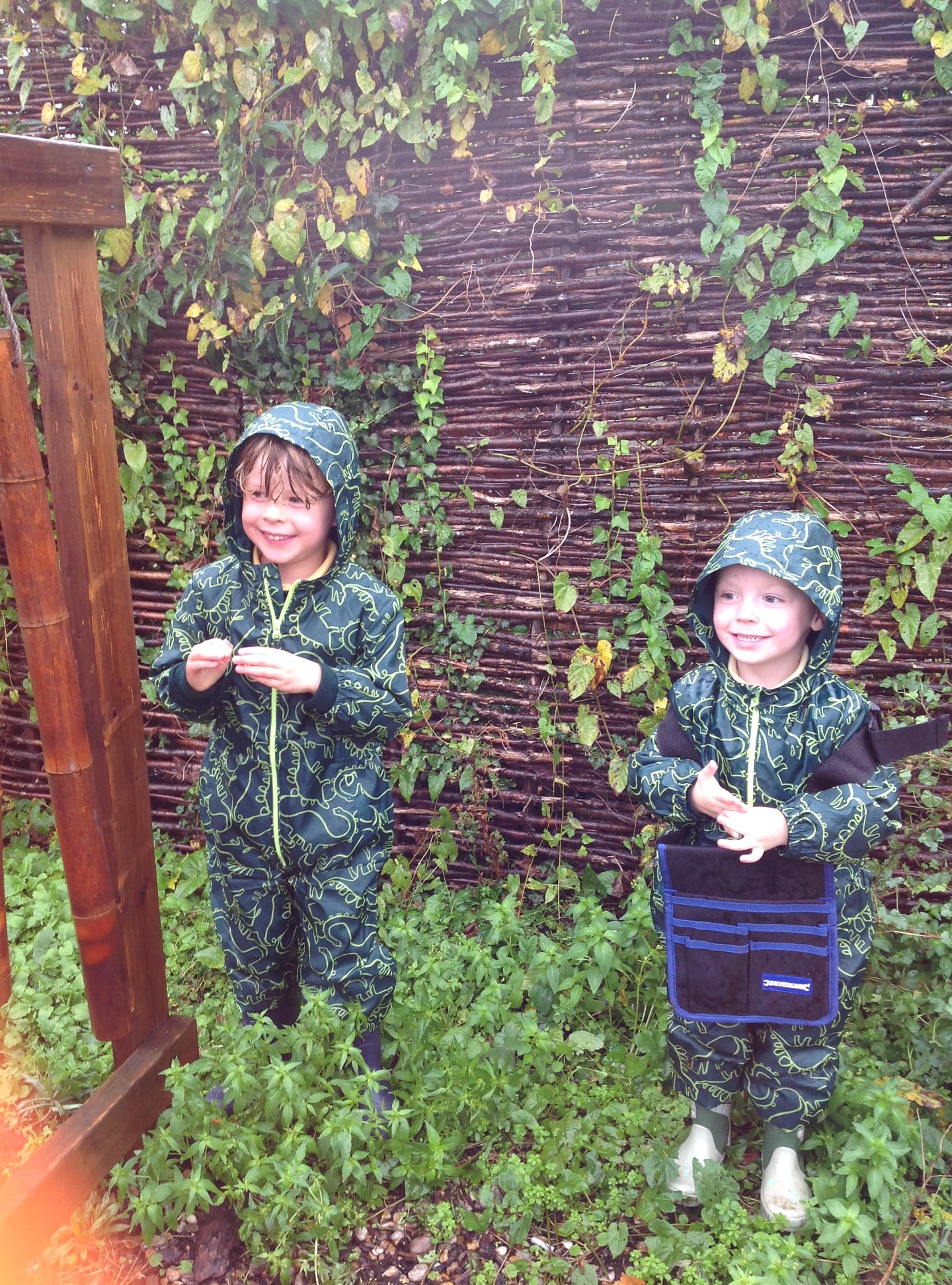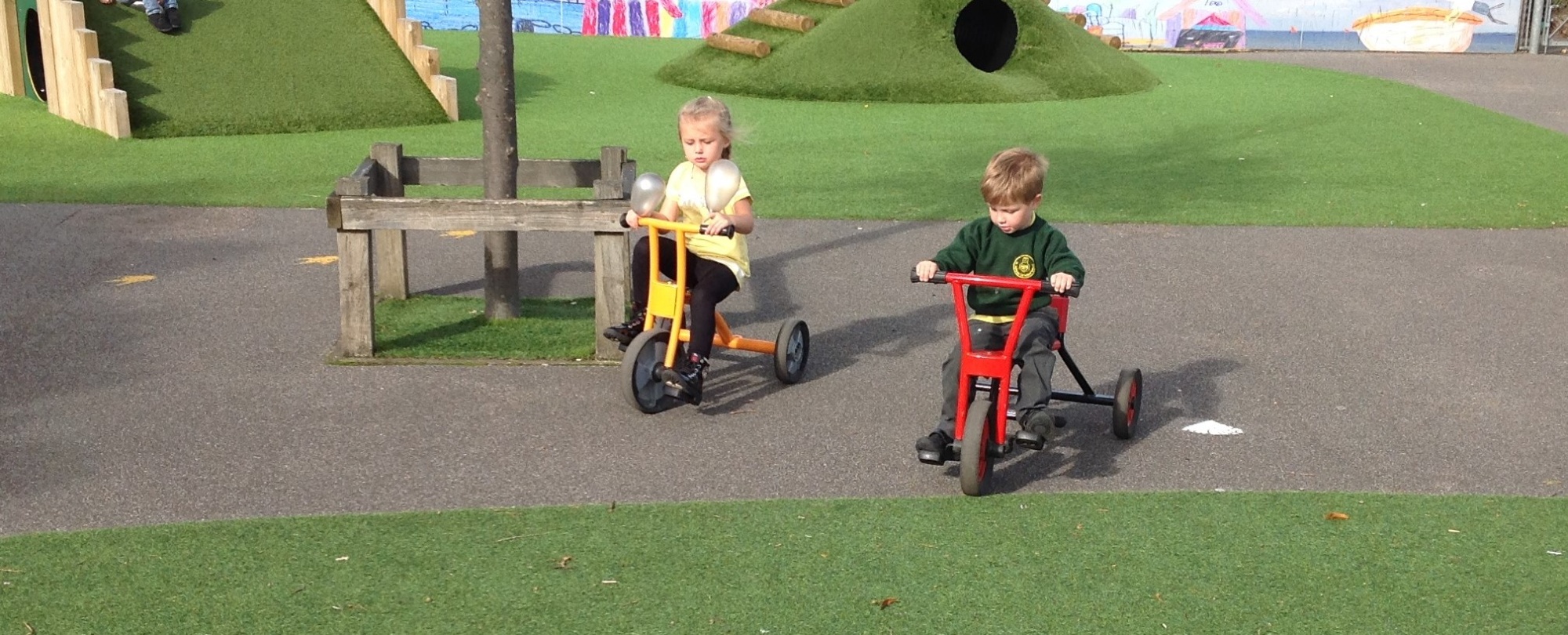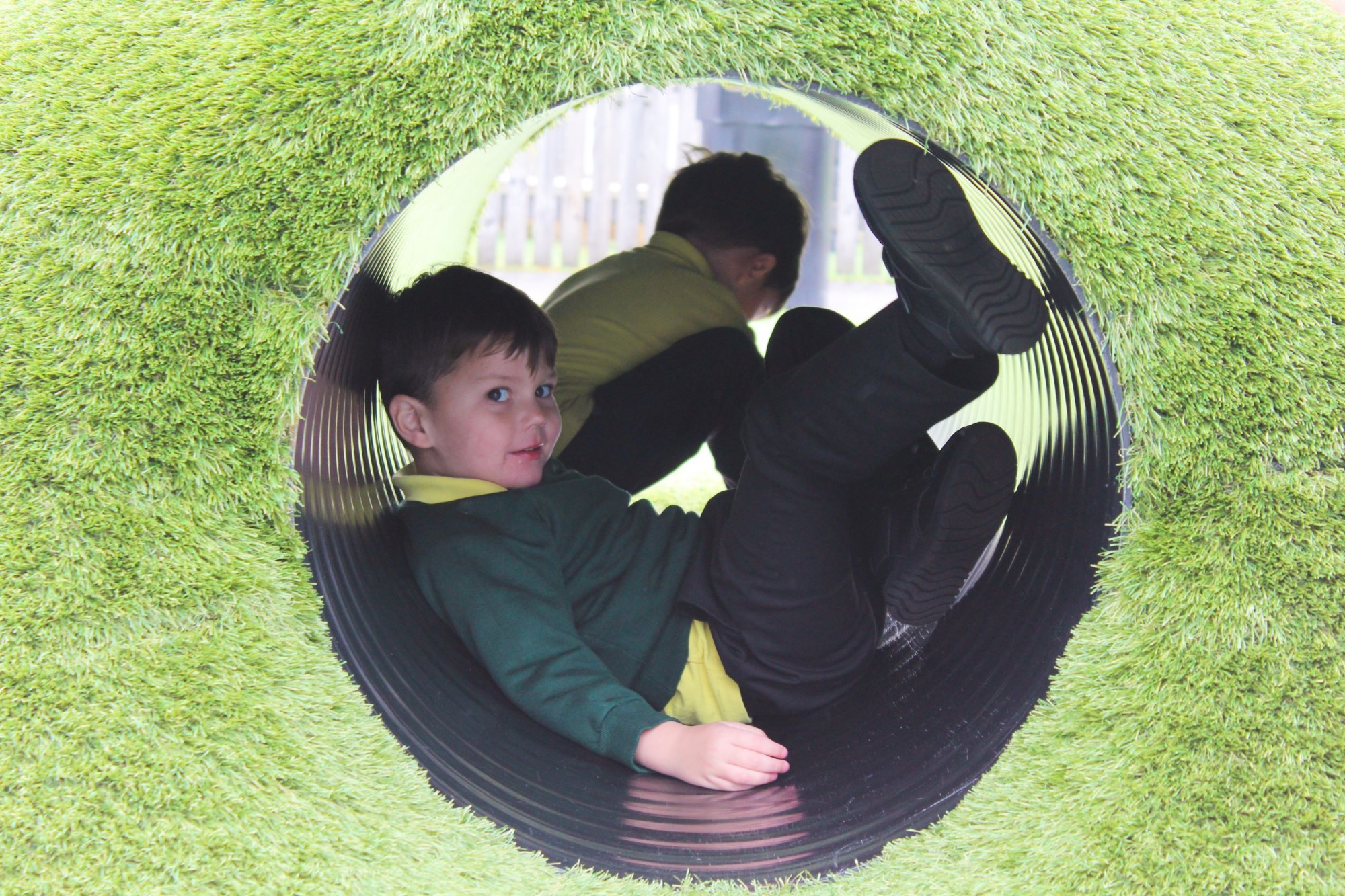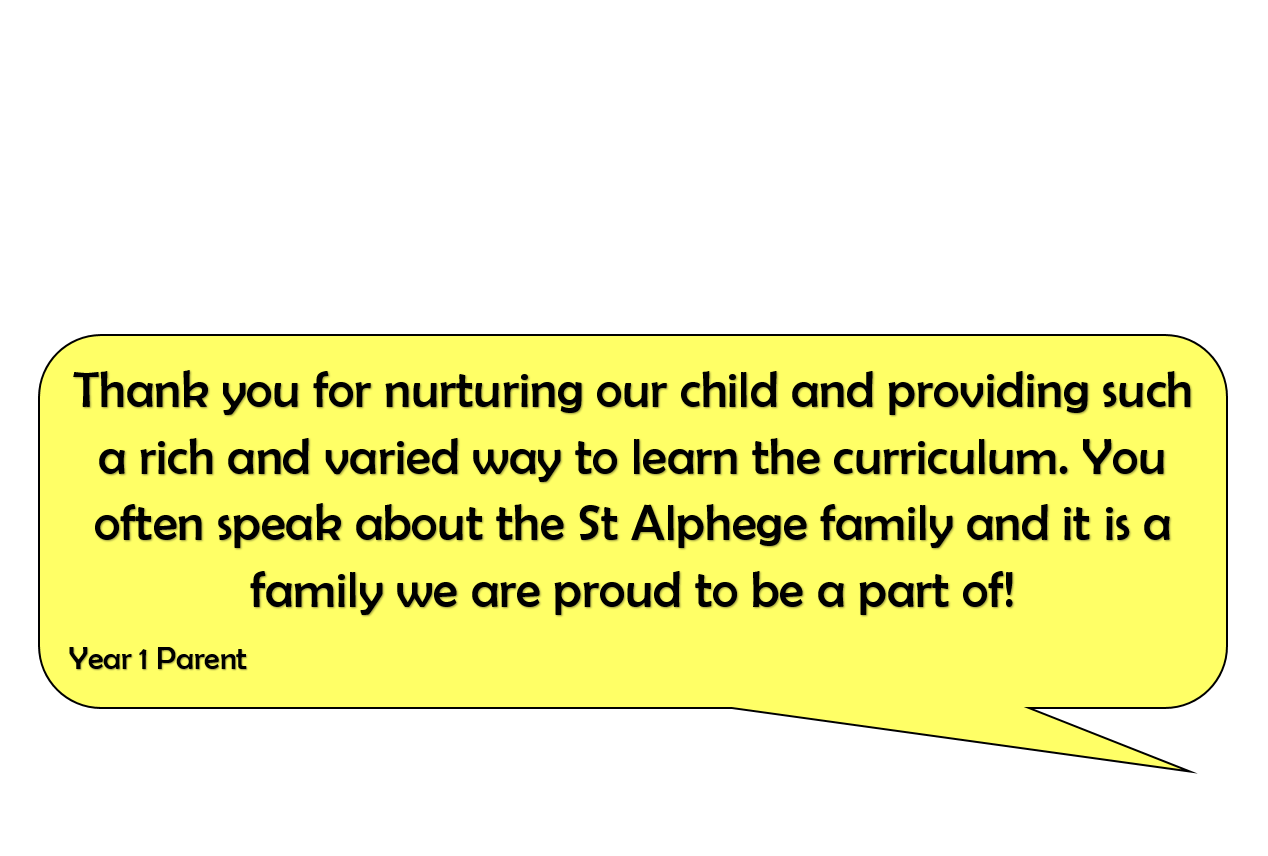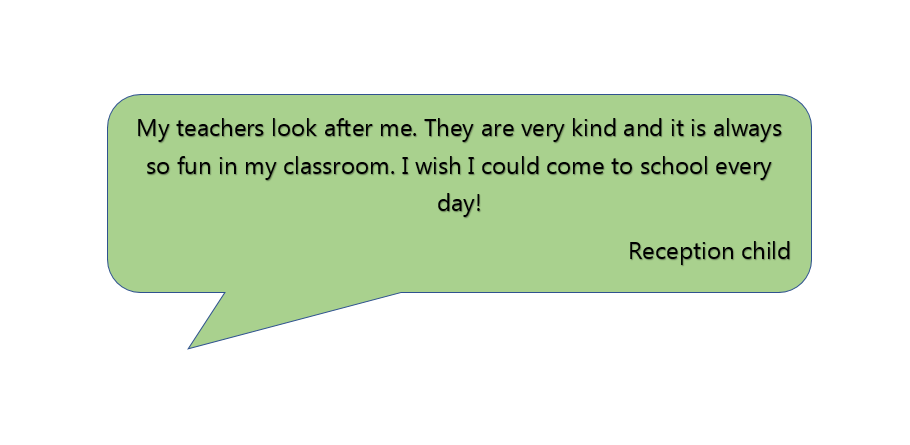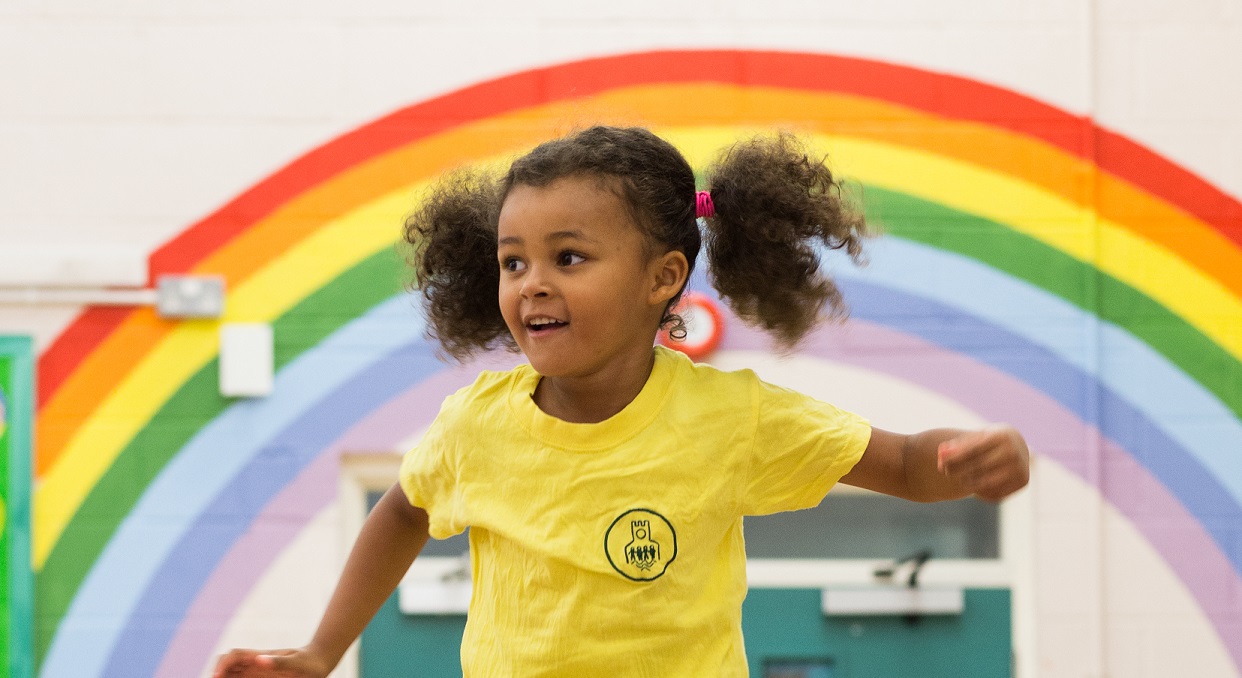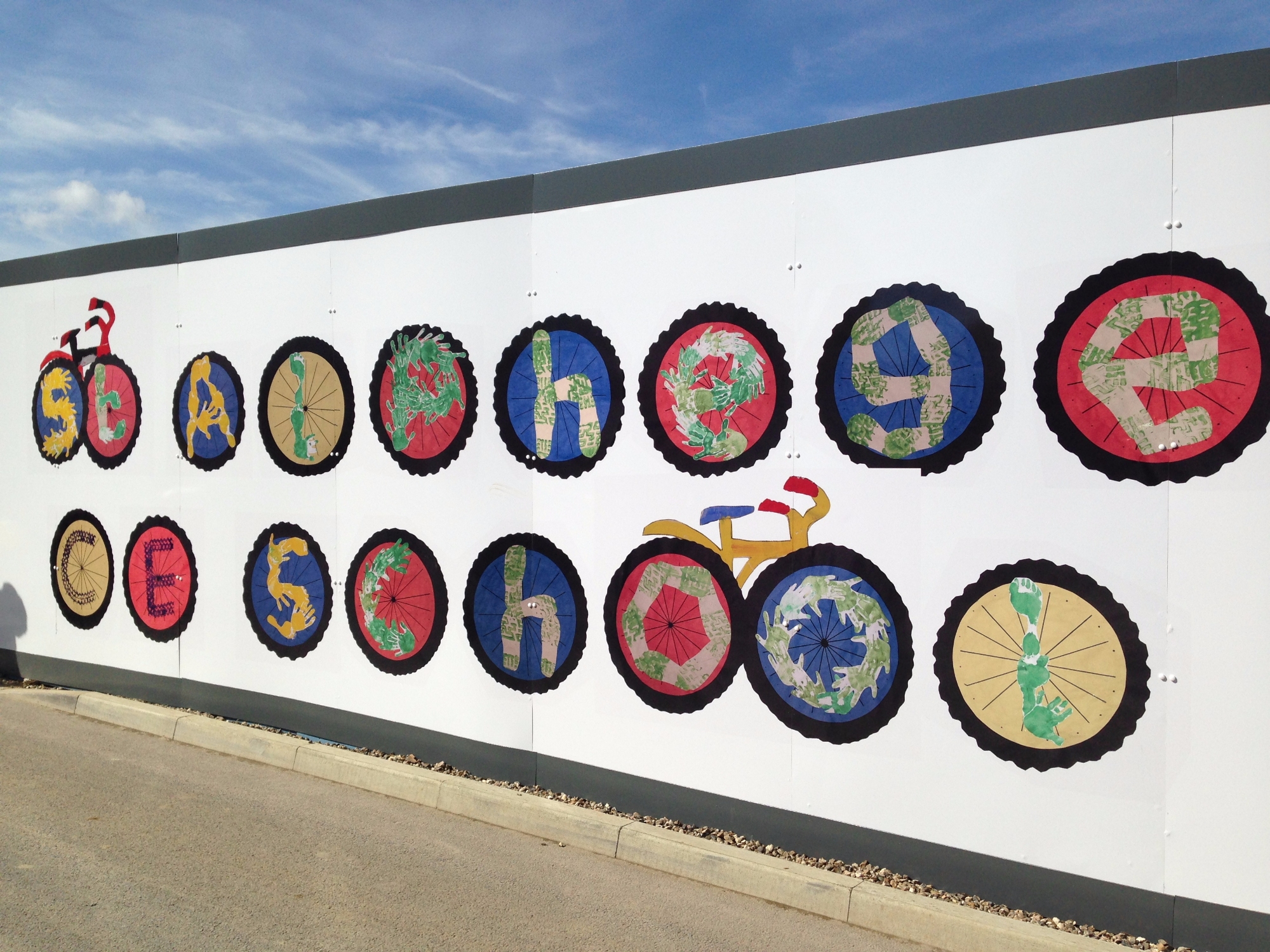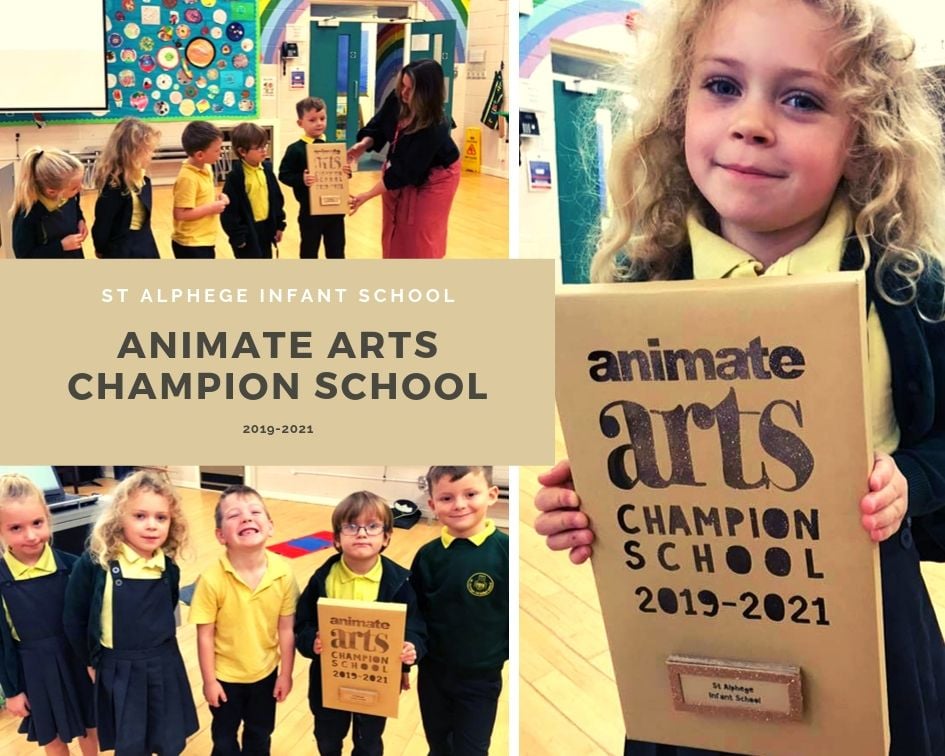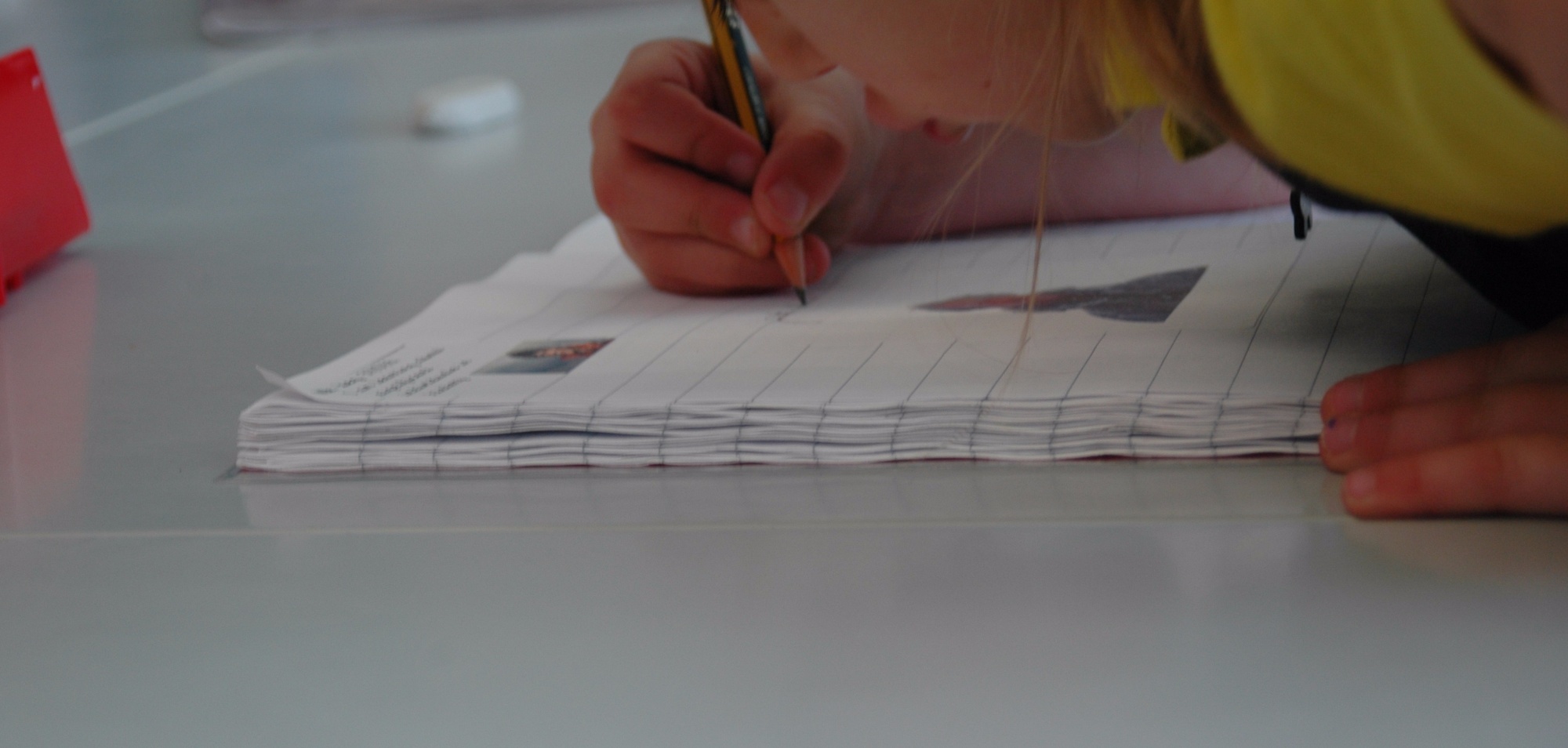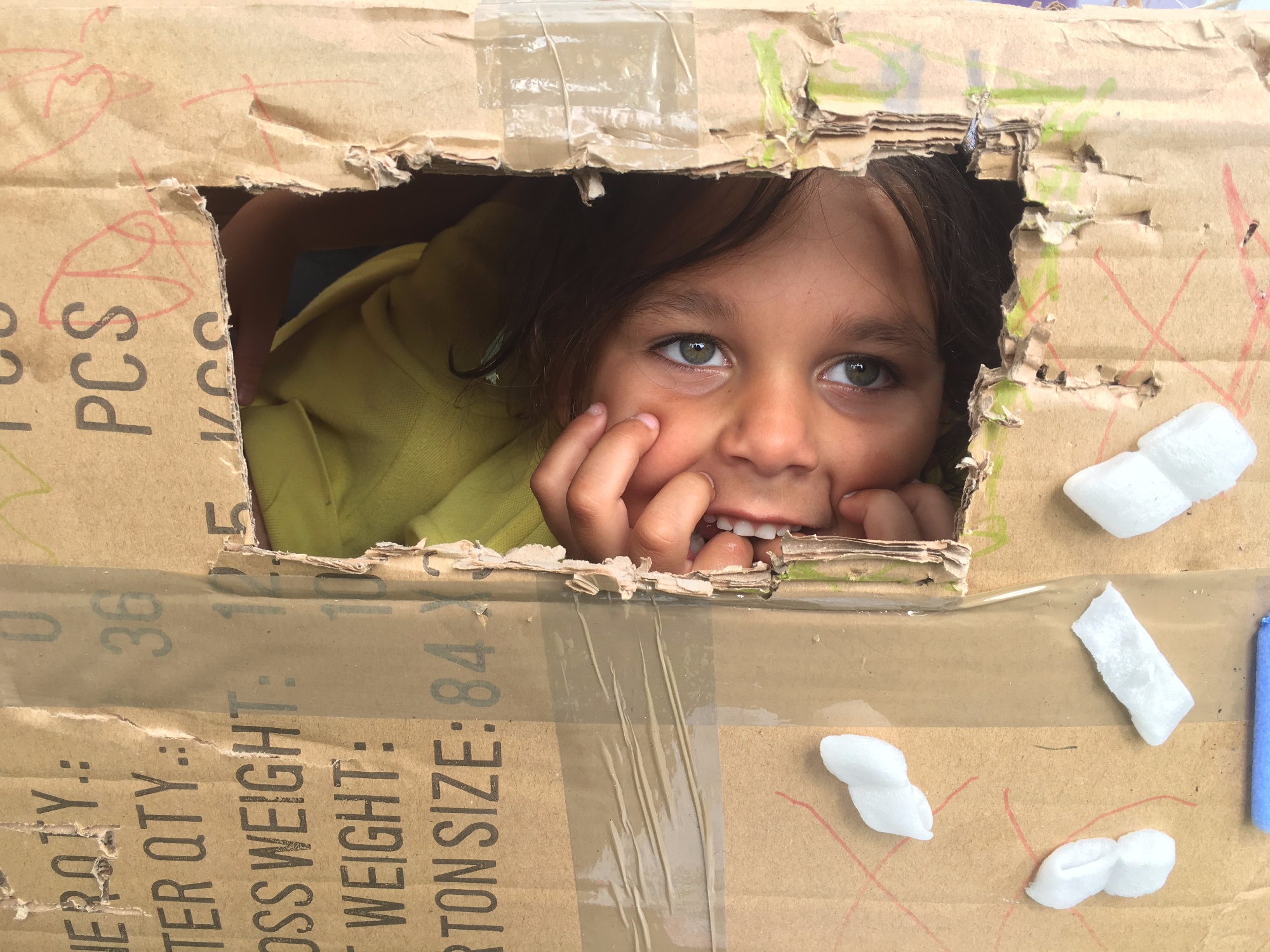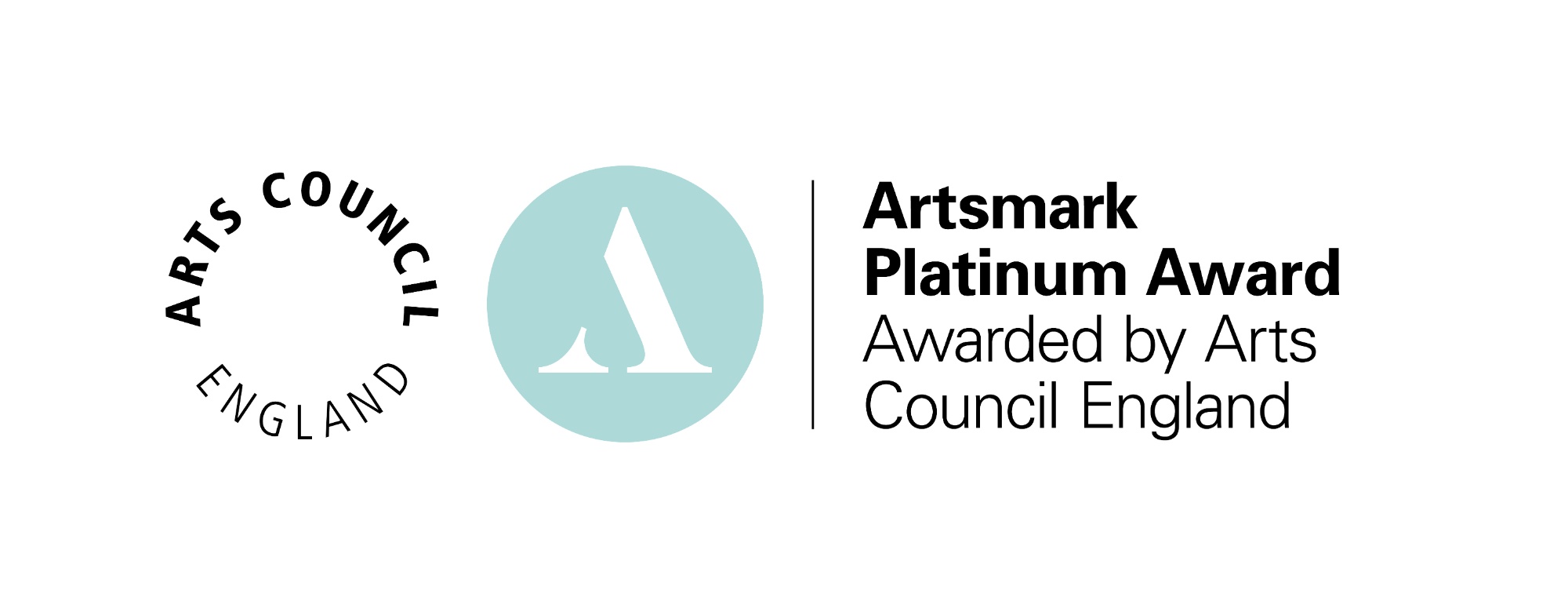Assessment in EYFS
Assessment in the Early Years Foundation Stage (EYFS)
Ongoing assessment, based on observation of children's learning and development, is an essential part of the learning and development process in the EYFS. It plays an important part in helping parents, carers, teachers and teaching assistants to recognise children’s progress, understand their needs, and to plan activities and support.
It involves the making quality observations of children to understand their level of achievement, interests and learning styles, and to then shape learning experiences for each child reflecting those observations.
On-going formative assessment is at the heart of early years practice. It is the link between observing children and effective planning to support their progress.
Tracking Progress in the EYFS
The EYFS requires practitioners to be able to demonstrate how children make progress in their learning and development, in order that they reach their full potential. To do this we track progress through playing and talking with the children, discussion with families and staff, observations of independent learning and of planned activities.
This information forms a picture of each child’s learning and the next steps they need to take through each year.
Our judgements are moderated between each class, and with other teachers in local schools. The Local Authority also monitors the progress of the children through discussion with senior leaders in the school.
Assessment at the end of the EYFS - EYFS Profile
The EYFS requires that all providers must complete an EYFS profile for each child.
This is a summative assessment, and describes the child's level of attainment at the end of the EYFS. Each child is given a Working Towards or Expected for each area to determine a Good Level of Development. This assessment identifies their learning needs for the next stage of school, to ensure that an effective and appropriate curriculum can be planned for each child entering Year 1.
